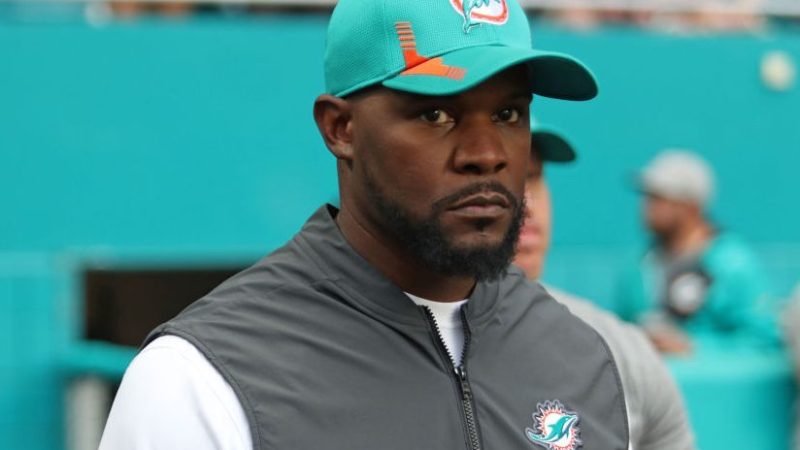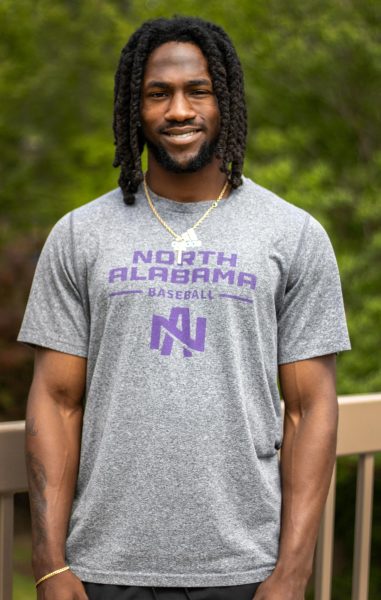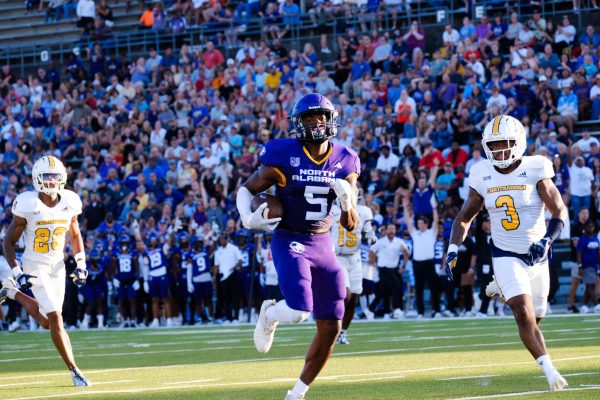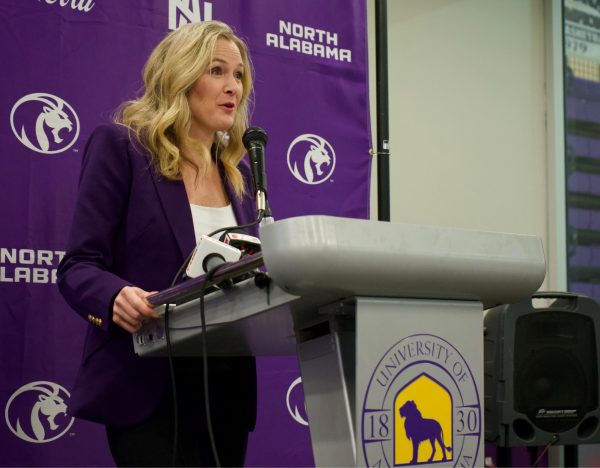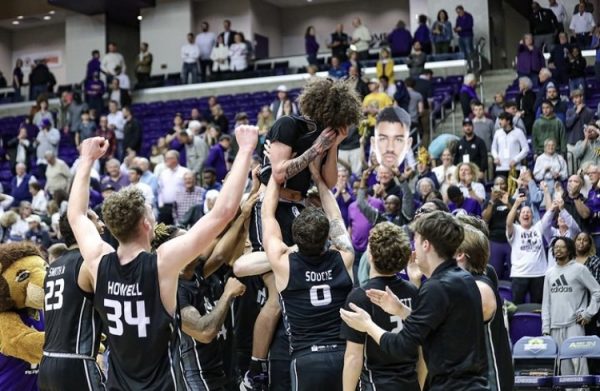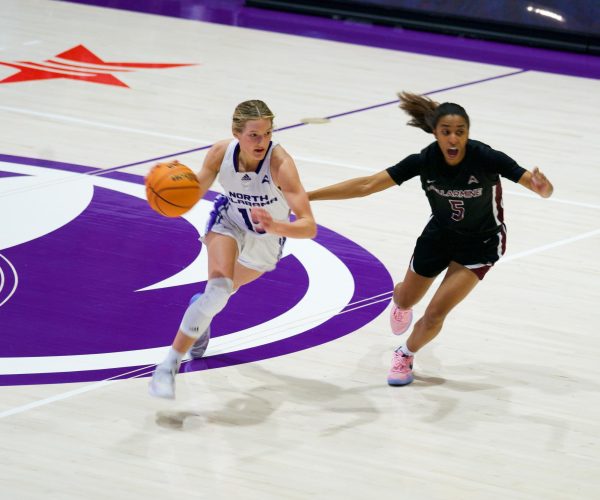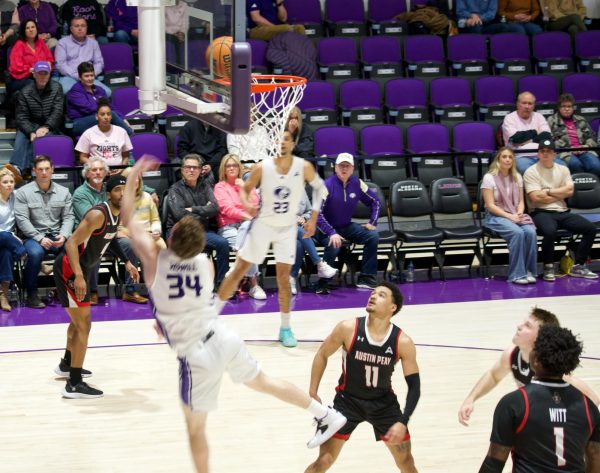Flores Accuses the NFL of Racism
February 28, 2022
Brian Flores, who used to coach for the National Football League (NFL)’s Miami Dolphins, has sued his former employers over their hiring practices because he claims they are racially biased.
This past January, Flores was relieved of his coaching duties by NFL officials. There is much speculation as to the reasoning behind his dismissal. Those aiming to defend the NFL’s decision point to the suboptimal moments that occurred over the course of his three-year stint with the Dolphins. Some conjecture that he was fired on account of a strong disagreement between him and his higher-ups.
Flores, on the other hand, believes he was let go on an unjust basis. Shortly after his termination, he took legal action against the NFL, or more narrowly, against the Dolphins, the Denver Broncos and the New York Giants. His case rests on the notion that the NFL routinely practices discrimination in its hiring processes, and it consists, in part, of a 58-page lawsuit that was filed in Manhattan federal court on January 28 to call for class-action status. He is represented by a firm known as Wigdor Law LLP.
In 2019, Flores was hired by Dolphins owner Stephen Ross, whom he has accused of offering incentives geared towards having intentionally lose matches. Allegedly, Ross had a potential 100,000 dollars in store for every loss Flores garnered. In addition to monetary rewards, Ross is said to have been angered by the wins amassed by his team towards the end of the 2019 season on account of their jeopardizing its draft position.
Again in the final weeks of the 2019 division, Flores purports, Ross intended to coerce him into incorporating a more renowned quarterback into the Dolphins’ rotation. Flores wants it to be known that he was starkly opposed to said implementation. He, along with those who are closest to him, considers himself to have a distinctive sense of right and wrong, so he refused to act against the NFL’s tampering rules Despite his ideological inability to cooperate with the supposed whims of Ross, he cites the Dolphins owner as having subsequently invited him to a luncheon at which the quarterback in question was also in attendance. Flores feels his discontent with this unexpected meeting played a major role in the development of his current reputation as someone who is difficult to work with.
On his furlough, Flores says he is skeptical of the responsible parties’ motivations. Under his direction, the Dolphins enjoyed a fair share of success. As a matter of fact, at the time of his release from the NFL, they had just added to the record books their first consecutive winning seasons in eighteen years, triumphing 10-6 in 2020 and 9-8 in 2021. Before he was actively overseeing the team, it was set to pick a top-performing quarterback in the 2020 draft, due to the amount of games it had lost. It is entirely plausible that the previously mentioned Dolphins owner intended to keep his team’s losing streak going in order to preserve its circumstantially beneficial standing.
The accusations levied on the NFL by Flores and his legal advisors have been met with suspicion. Many challengers to his diatribe against the league find it tough to uncover evidence that he was treated poorly by his superiors, especially on the basis of race.
Directly preceding his removal from the coaching position for the Dolphins, Flores was in the process of undergoing interviews regarding a similar job with the New York Giants. He maintains that despite the Giant’s outward consideration of him, they had no genuine intentions of hiring him and were humoring him only for the sake of the NFL’s Rooney Rule, a regulation that requires nationally-recognized football league leaders to speak with candidates who belong to ethnic minorities when appointing executive coaches to their teams.
On the subject of the interviews Flores participated in, which he perceives to have been orchestrated for purposes having purely to do with public relations. If his qualms with the Giants’ hiring process are to be taken at face value, they are a good indication of the Rooney Rule’s ineffective nature. The number of Black head coaches in the NFL has not changed much sincethe Rooney Rule’s conception. In 2001, 16 years before the rule’s namesake, Pittsburgh Steelers owner Dan Rooney, died, there were three, including the Tampa Bay Buccaneers’s Tony Dungy, the New York Jets’s Herm Edwards, and the Minnesota Vikings’s Dennis Green, who has since passed away. Right before Flores was forced to let go of the Dolphins, there were still only three: the Houston Texans’s David Calley, the Steelers’s Mike Tomlin, and Flores. Like him, Calley has also had his time with the NFL come to an involuntary close. It would seem as though the league is unable to grow in the department of intersectional representation, as they brought only two new African American head coaches into their fold, bringing on Mike McDaniel for Dolphins and Lovie Smith for the Texans.
Flores puts forth that alongside the Giants, his professional relationship with the Broncos, another team for which he was in talks to coach, was negatively influenced by race.
Aside from the injustices he professes were imposed on him by the teams he has indicted, Flores anticipates, according to his lawyers, to tackle adversities such as the lack of Black coordinators in the NFL and the restraints against fiscal transparency with the company’s general managers.
Via a testimonial issued by the Wigdor firm, Flores asserted, “My sincere hope is that by standing up against systemic racism in the NFL, others will join me to ensure that positive change is made for generations to come.”


